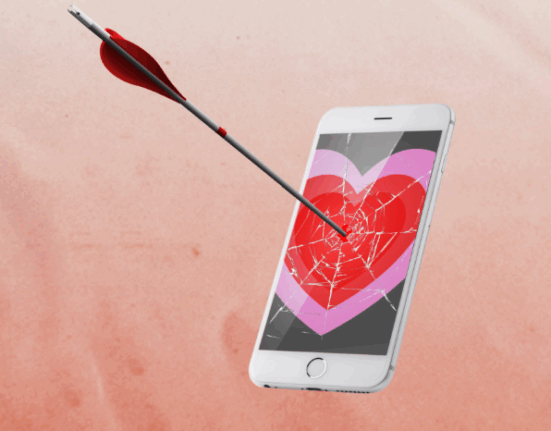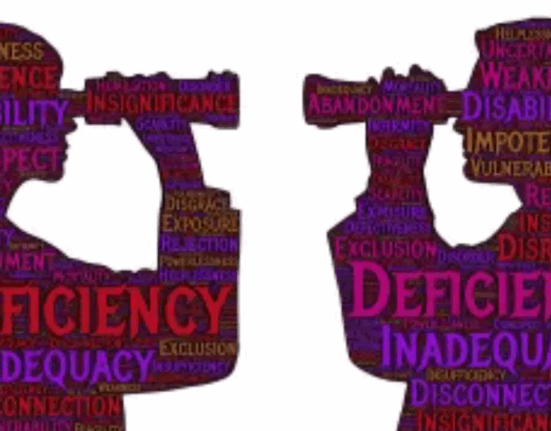Last Updated on May 19, 2025 by Rachel Hall
- How Micro-Cheating Can Cheat Trust, Undermine Intimacy, and Ultimately Damage Your Relationship Through Silent Infidelity
- What Exactly Is Micro-Cheating and Why Is It So Dangerous?
- 5 Devastating Ways Micro-Cheating Can Erode Trust and Intimacy
- Learn How to Recognise Micro-Cheating Before It’s Too Late
- Why People Engage in Micro-Cheating (and It’s Not Always What You Think)
- How Counselling for Relationships Can Help You Rebuild Trust
- Preventing Micro-Cheating Starts with Connection and Clarity
- Final Thoughts: Micro-Cheating May Be Subtle, But the Damage Is Real
How Micro-Cheating Can Cheat Trust, Undermine Intimacy, and Ultimately Damage Your Relationship Through Silent Infidelity
In today’s hyper-connected digital age, the lines between loyalty and betrayal in a romantic relationship have become increasingly blurred. With more subtle forms of emotional intimacy emerging, micro-cheating has surfaced as one of the most pressing threats to modern love. Unlike overt infidelity, micro-cheating refers to small breaches of trust—seemingly trivial acts that take place outside the relationship, often unnoticed, but with the potential to erode trust and ultimately damage your relationship beyond repair.
Whether it’s texting an ex, hiding flirtatious messages, or downplaying your relationship status on social media, these micro-cheating behaviours can lead to deep emotional disconnection and long-lasting feelings of betrayal.
Let’s learn how to recognise these dangers and navigate micro-cheating with intention, clarity, and compassion.
What Exactly Is Micro-Cheating and Why Is It So Dangerous?
Micro-cheating in relationships can be defined as a form of micro-cheating that includes acts of subtle emotional betrayal that may not involve physical intimacy but still cross significant emotional boundaries. These behaviours often involve someone outside the relationship, and although they may seem harmless, they can create a strong emotional connection that undermines trust within your committed relationship.
Common examples of micro-cheating include:
- Leaving flirtatious comments on someone else’s social media
- Maintaining contact with an ex, especially when hidden from the partner
- Secretly engaging in emotional or flirt-driven conversations
- Changing your appearance or behaviour around someone outside
- Minimising or omitting your relationship status publicly
Although these behaviours may not involve physical intimacy, they still create emotional shifts that can seriously affect relationships.
5 Devastating Ways Micro-Cheating Can Erode Trust and Intimacy
While it may seem seemingly minor, micro-cheating involves repeated acts of emotional withdrawal and hidden communication that can create serious psychological damage. Here are the five core ways micro-cheating can lead to long-term damage:
1. Emotional Distance Builds Over Time
When one partner starts emotionally connecting with someone outside the relationship, it naturally creates emotional distance from the primary relationship. This separation weakens the sense of togetherness that forms the basis of a healthy relationship.
2. Emotional Intimacy Is Redirected
Emotional intimacy is essential in any long-term bond. But when you’re emotionally investing in someone else, you divert that emotional closeness away from your partner, leading to a breach of trust and isolation within the relationship.
3. Secrecy Becomes the Norm
Secrecy is a tell-tale sign of micro-cheating behaviours. Hiding messages, using vague language, or avoiding open conversations creates a culture of suspicion. This slowly begins to undermine trust.
4. Micro-Cheating Can Lead to Greater Betrayal
What starts with a private message or subtle flirt can quickly become a slippery slope. Micro-cheating may escalate into physical cheating as emotional entanglement grows. It’s a pattern supported by research from Psychology Today, which explains how forms of infidelity often evolve gradually.
5. It Fuels Resentment and Long-Term Emotional Damage
Even if the micro-cheating behaviours stop, the emotional damage often doesn’t. The betrayed partner may carry resentment or a sense of betrayal, leading to communication breakdown and deep relationship problems.
Learn How to Recognise Micro-Cheating Before It’s Too Late
Many people consider micro-cheating a grey area—neither completely innocent nor outright infidelity. However, experts advise you to pay close attention if you suspect micro-cheating in your current relationship.
You may be seeing signs of micro-cheating if your partner:
- Avoids showing their phone or social media interactions
- Minimises how often they’re active while in a relationship
- Sends or receives frequent messages from someone they previously dated
- Prioritises connection with someone else over quality time together
- Becomes emotionally withdrawn, irritable, or defensive without explanation
These indicators highlight that their emotional or physical commitment may be shifting away from you.
Why People Engage in Micro-Cheating (and It’s Not Always What You Think)
At the heart of most micro-cheating behaviours lies a set of underlying issues. While malicious intent can be a factor, often the person is attempting to fulfil unmet emotional needs or cope with relationship problems they feel unable to discuss.
Common reasons people emotionally invest in someone else include:
- A lack of validation or excitement in the primary relationship
- Poor open communication or conflict avoidance
- Discontent with their emotional or physical connection
- Avoidance of vulnerability or fear of deeper intimacy
Addressing these underlying issues early through open and honest dialogue can prevent a drift that leads to irreversible damage.
How Counselling for Relationships Can Help You Rebuild Trust
When trust has been broken—especially due to small breaches of trust that have accumulated over time—counselling for relationships can offer life-changing insight and healing. With the help of professional counsel, couples can safely explore and rebuild trust step by step.
1. Honest Communication and Emotional Repair
Therapists help couples practise honest communication, a cornerstone in repairing the trust within a romantic relationship that has suffered emotional withdrawal or secrecy.
2. Addressing the Root Cause
Sessions are designed to reveal what truly led to the micro-cheating behaviours, be it emotional neglect, insecurity, or a misunderstanding of what constitutes micro-cheating.
3. Redefining Boundaries for a Stronger Future
Healthy boundaries—digital and emotional—are re-established. Understanding where one ends and the other begins is critical to preventing micro-cheating and securing emotional boundaries.
Preventing Micro-Cheating Starts with Connection and Clarity
While healing is possible, prevention is always better. Strong, committed relationships thrive on clarity, emotional connection, and a shared sense of security in a relationship. Here’s how to protect your partnership from subtle erosion:
- Spend intentional quality time together
- Be transparent about your online and offline interactions
- Share openly when you’re emotionally affected by someone else
- Don’t avoid conversations about desire, attraction, or attention
These steps promote trust in a relationship and limit opportunities for micro-cheating to flourish.
Final Thoughts: Micro-Cheating May Be Subtle, But the Damage Is Real
Micro-cheating could be dismissed as a minor misstep, but when left unchecked, its effects on relationships are far-reaching. Whether you’re the one who has engaged in flirtatious behaviour or the one reeling from the discovery, it’s crucial to realise that micro-cheating involves more than actions—it reflects needs, communication gaps, and emotional choices.
Every relationship has challenges. The difference between those that endure and those that fracture often lies in whether both partners are willing to face uncomfortable truths and do the work. Through honest communication, professional counsel, and a shared commitment to truth and care, couples can not only recover but thrive.

Rachel Hall, M.A., completed her education in English at the University of Pennsylvania and received her master’s degree in family therapy from Northern Washington University. She has been actively involved in the treatment of anxiety disorders, depression, OCD, and coping with life changes and traumatic events for both families and individual clients for over a decade. Her areas of expertise include narrative therapy, cognitive behavioral therapy, and therapy for traumatic cases. In addition, Rachel conducts workshops focusing on the psychology of positive thinking and coping skills for both parents and teens. She has also authored numerous articles on the topics of mental health, stress, family dynamics and parenting.














Leave feedback about this